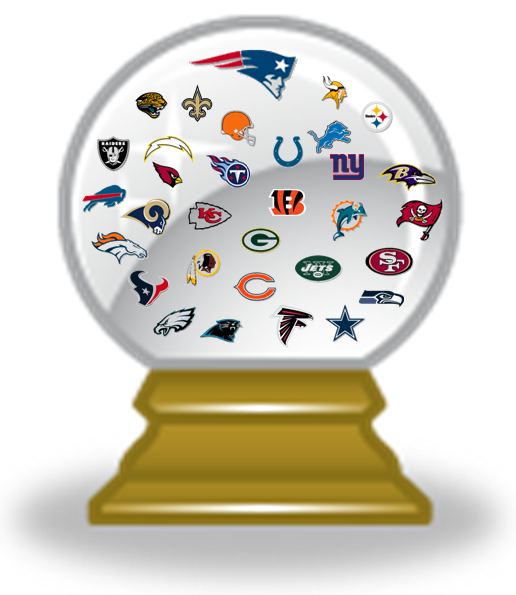The making of an NFL schedule is a combination of an exact and an inexact science. When it comes to determining a specific team’s opponents for the upcoming season, the method is simple, easy, and fool-proof.
Any given team will know its opponents for the next year by the end of the regular season, set as two games apiece versus each divisional team, plus one intra-conference and one inter-conference division on a rotating basis.
The two remaining games consist of two intra-conference teams—one each from the divisions not already scheduled—that finished in the same place in their division as the scheduling team the year before.
That is why the Pittsburgh Steelers drew the New England Patriots this year, as well as the Indianapolis Colts, as they all won their divisions. In addition, the Steelers were slated to play the Denver Broncos and the AFC West, in addition to the Seattle Seahawks and the NFC West.
Based on last season, or the past couple of seasons, that certainly sounds like a daunting schedule. By last season’s win-loss records, the Steelers’ 2015 opponents finished the year with the best combined record of any team’s schedule.
But last year is last year, and this year is this year. Once again, we are taught the lesson of not looking ahead, because things constantly change, and it becomes foolish to pencil in wins and losses in the spring, or even during the preseason.
Circumstances change, such as the suspension of Tom Brady being overturned, making him eligible to play against the Steelers in the season opener, which significantly contributed to their defeat.
For the Seahawks, some defensive turnaround, combined with the holdout of Kam Chancellor, have helped see the two-time defending NFC champions get out to a 2-4 start, aided by a poor showing by their offensive line.
The Steelers’ upcoming opponents, the Kansas City Chiefs, are floundering without the centerpiece of their offense, running back Jamaal Charles, as their entire philosophy has had to be reshaped due to injury, while their featured wide receiver, Jeremy Maclin, is working through a concussion.
Teams change consistently, fluidly, within a season, and we see that even with the Steelers. Surely Pittsburgh’s last three opponents did not anticipate facing a team without Ben Roethlisberger during the offseason.
Yet they have still managed to win two of those games, and perhaps would have won all three had they moved on to their fourth kicker of the year—another unpredictable in-season change—a week earlier.
The inexact science comes into play when determining the when and the where of the games. The Steelers were thrust with two west coast games this year, where it had been some time since they last won.
But they already came out on top—albeit just barely—once in San Diego, and in a few weeks will be looking to repeat the formula in Seattle, this time, presumably, with Roethlisberger. But who knows what else may have changed, for both teams, in the meantime. It’s part of what makes the NFL so great a sport to watch.






